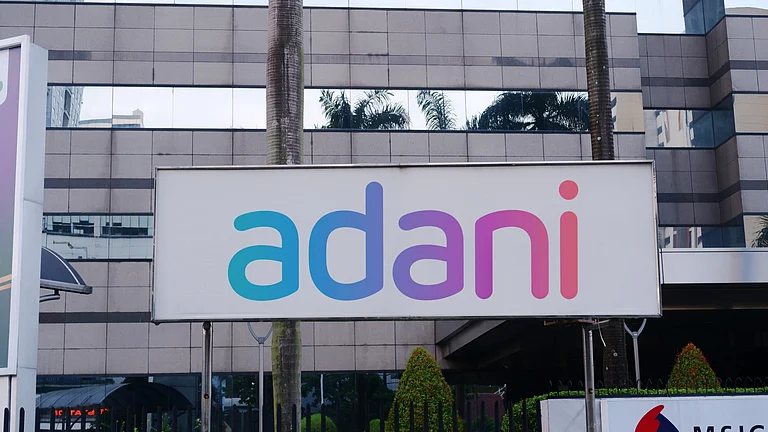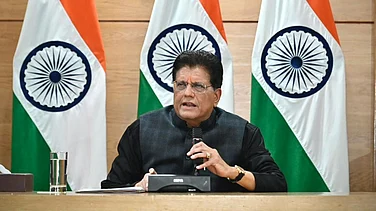The government on Tuesday proposed to replace the existing law governing special economic zones (SEZs) with a new legislation to enable states to become partners in 'Development of Enterprise and Service Hubs'.
The existing SEZ Act was enacted in 2006 with an aim to create export hubs and boost manufacturing in the country. However, these zones started losing their sheen after imposition of minimum alternate tax and introduction of sunset clause for removal of tax incentives.
These zones are treated as foreign entities in terms of provisions related to customs.
Industry has time and again demanded continuation of tax benefits provided under the law. Units in SEZs used to enjoy 100 per cent income tax exemption on export income for the first five years, 50 per cent for the next five years and 50 per cent of the ploughed back export profit for another five years.
Presenting the Budget 2022-23, Finance Minister Nirmala Sitharaman said: "The Special Economic Zones Act will be replaced with a new legislation that will enable the states to become partners in Development of Enterprise and Service Hubs."
This will cover all large existing and new industrial enclaves to optimally utilise available infrastructure and enhance competitiveness of exports, she noted.
The government, she said, will also undertake reforms in customs administration of SEZs with a view to promote ease of doing business.
"We will also undertake reforms in Customs Administration of SEZs and it shall henceforth be fully IT driven and function on the Customs National Portal with a focus on higher facilitation and with only risk-based checks," the minister said.
This reform will be implemented by September 30.
Commenting on the announcement, Rajat Bose, Partner, Shardul Amarchand Mangaldas & Co, said replacement of the SEZ Act with a new legislation is a pragmatic step as this will integrate these zones and Customs administration.
Mahesh Jaising, Partner, Deloitte India, said the new legislation would help enable states to partner with the industry.
In the Budget 2016-17, the government had announced that the income tax benefits to new SEZ units would be available to only those units which commence activity before March 31, 2020.
As on January 27, the government has given formal approvals to 425 SEZ developers. Out of this, 268 were operational till December 31, 2021.
As on September 30, 2021, these zones had attracted Rs 6,28,565.89 crore investments and employed 25,60,286 persons.
During April-December this fiscal, exports from these zones rose by 25 per cent to Rs 6.89 lakh crore (USD 92.83 billion). It was USD 102.32 billion in 2020-21.































